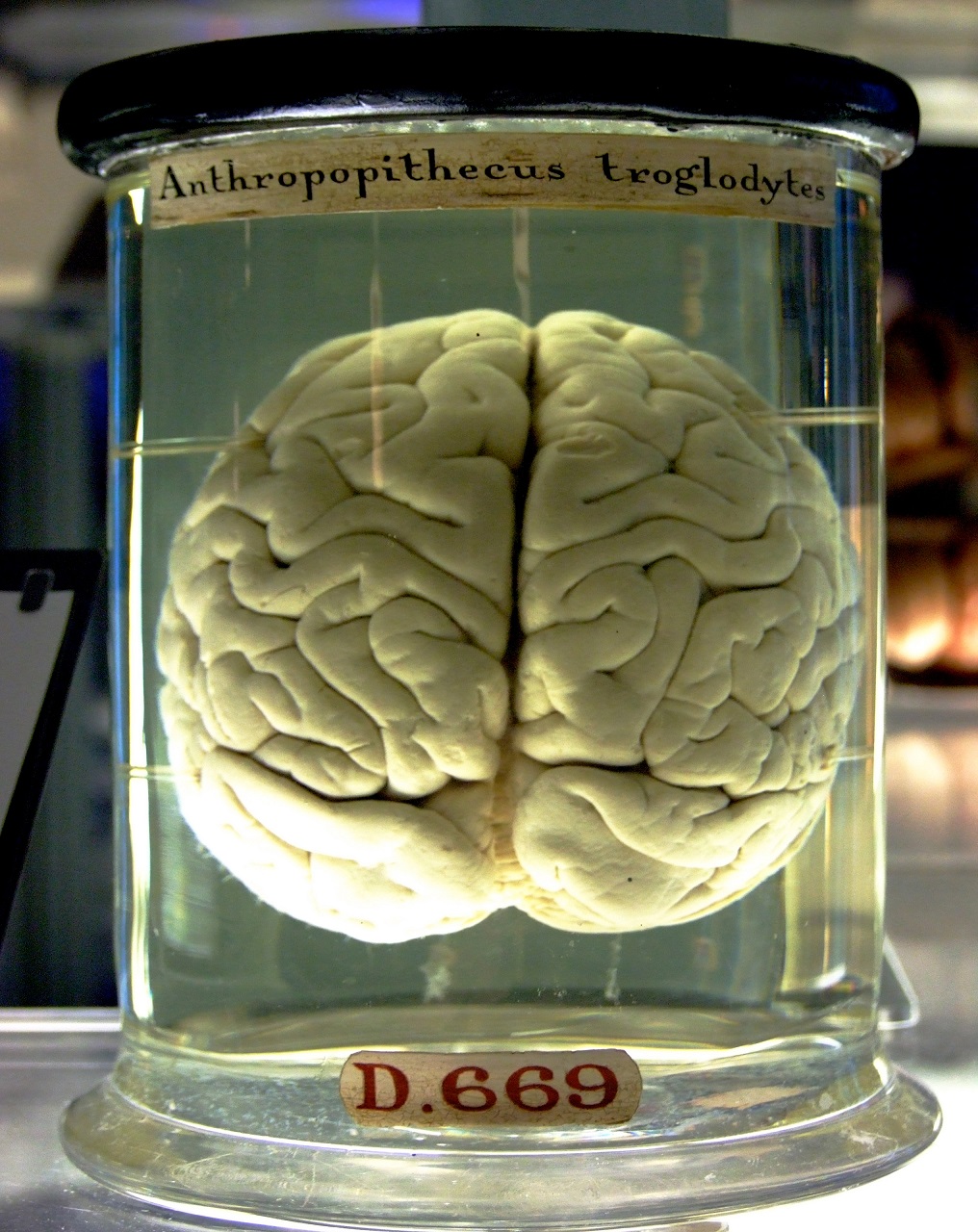Gauging the aging rate of grey matter
 New research at the University of Adelaide could provide insight into how to repair the brain after damage from stroke or traumatic injury.
New research at the University of Adelaide could provide insight into how to repair the brain after damage from stroke or traumatic injury.
The study is looking at the specific processes involved in the way the human brain ages, comparing the ability of older and younger people to respond to visual and non-visual stimuli in order to measure their 'spatial attention' skills.
Dr Joanna Brooks, Research Fellow at the University of Adelaide's School of Psychology, says: "Spatial attention is extremely important in our day-to-day lives because it allows us to move around our environment and interact with other people. Being able to process spatial information can impact on many aspects of our lives, from driving, to walking down the street, or simply picking up a glass of water from a table... the part of the brain that controls spatial attention is called the right parietal lobe. We're hoping that our study will shed light on how the right parietal lobe ages across the entire human lifespan."
The project is part of an international collaborative effort with teams at the University of Edinburgh and Queen Margaret University in Scotland, to better understand the sequence of events in the brain’s aging process.
“Young people aged between 18 and 40 often show a tendency to pay more attention to the left side of space on a range of cognitive tasks. We have recently found some evidence that older adults perform in the same way as younger adults, which suggests that the part of the brain that controls spatial attention - the right parietal lobe - remains 'young' throughout the full human lifespan,” said Dr Brooks, “one of the big questions is: is there a part of the brain that is protected from ageing? We hope to discover more in this study.”
More than 100 South Australians aged over 55 years are currently being sought to participate in the study, it will take less than an hour in total, anyone interested can contact This email address is being protected from spambots. You need JavaScript enabled to view it. through the University's School of Psychology.







 Print
Print